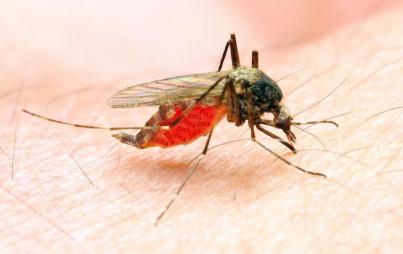
The government of El Salvador recently recommended that women in the country delay pregnancy until 2018 due to the presence of the mosquito-borne Zika virus. The virus has mild to no symptoms for people infected — rash, joint pain and fatigue are reported — but it can lead to a dire birth defect called microcephaly for developing fetuses.
Microcephaly is a congenital abnormality causing a small head an under-developed brain. It cannot be reversed and comes with a lifetime of disabilities.
So far, Brazil has been the hardest hit, with over a million cases of Zika and a reported 4,000 cases of Zika-associated microcephaly. The CDC has a list of 20 countries - including Mexico - at risk for Zika infection and suggests pregnant women avoid travel to these countries. So far the only US report of Zika is a case of microcephaly in Hawaii. The mother had traveled to Brazil while pregnant.
Asking women in countries with high poverty to delay pregnancy becomes complicated without concurrent programs to provide long-lasting, reversible birth control. In El Salvador, the most common form of birth control is sterilization. Women reportedly worry about less permanent methods failing. In addition, the country is largely Catholic, a region that prohibits use of birth control.
Abortion is illegal in El Salvador. Totally. No exceptions.
The Salvadoran Health minister has urged women to “plan their pregnancies”. I hope his next statement includes some actual plans for how they should do that.








